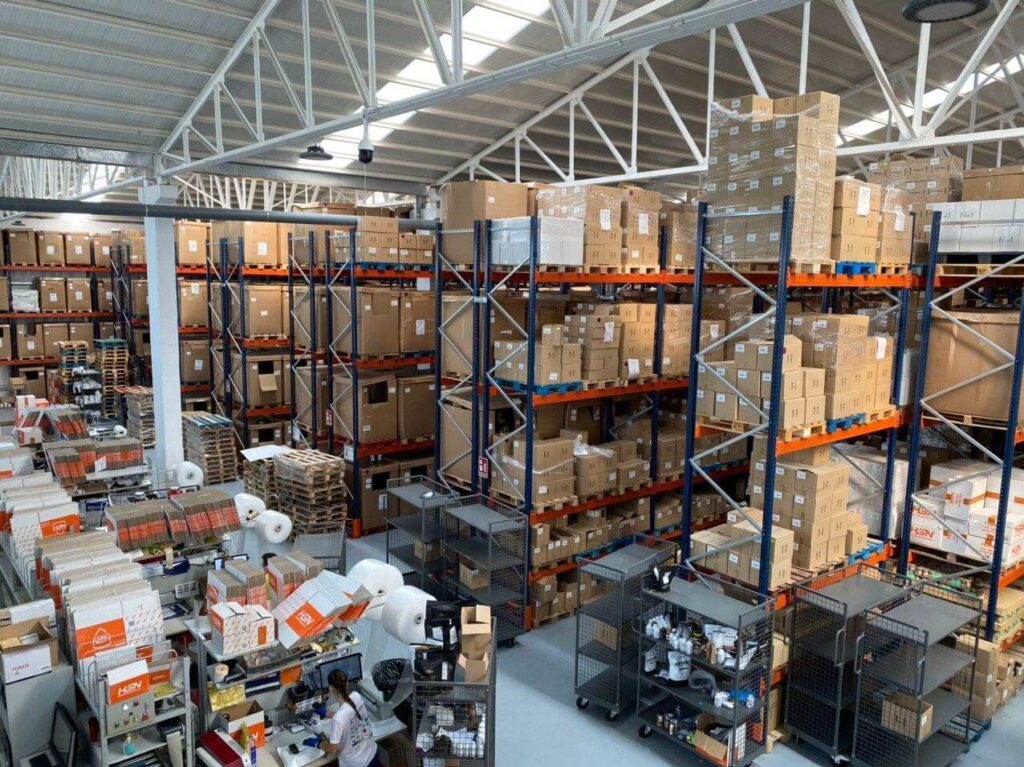Amazon, the e-commerce giant, is no stranger to implementing cutting-edge technologies in its day-to-day operations. Currently, it boasts over 750,000 robots working alongside its human team, which totals one million employees worldwide. These robots perform a range of essential tasks, from moving and sorting products to packaging customer orders. However, the introduction of “Digit”, a humanoid robot, marks a bold turn towards full warehouse automation.
Tye Brady, head of Amazon Robotics, shared that the trials with Digit, a robot that mimics the shape and functions of a human, are in their “very early stages”. Unlike its predecessors, Digit can grasp and lift objects with ease thanks to computer vision and Artificial Intelligence (AI). This capability allows the robot to handle and package items individually, further optimizing the efficiency of the logistics process.
Amazon’s ambition with this development is clear: to refine the handling of goods in its facilities, a critical component of its supply chain. Yet, innovation doesn’t come without its share of controversy. A recent report from EFE suggests that Andy Jassy, Amazon’s CEO, has communicated to his employees the continuation of layoffs into the next year. The plan, according to the New York Times, is to lay off around 10,000 workers.

Brady, in anticipation of criticism, emphasized that while some jobs might become redundant with the incorporation of robots like Digit, new job opportunities will arise. Parallelly, Amazon announced it’s deploying another robotic system, named “Sequoia”, in a warehouse in Houston. With mobile robots and robotic arms, the company forecasts a 75% improvement in inventory management and a speed-up in deliveries by up to 25%.
On a lighter note, yet underscoring the challenges of full technology reliance, some robots reportedly collapsed after 20 continuous hours of work.
Technological advancement has always been a double-edged sword. While robots like Digit and Sequoia represent a striking leap in efficiency and precision, it’s crucial to remember the irreplaceable value of human labor. As automation becomes the norm, humanity must reflect on what it means to be indispensable and recognize that in many instances, human dexterity, empathy, and creativity are unrivaled.











